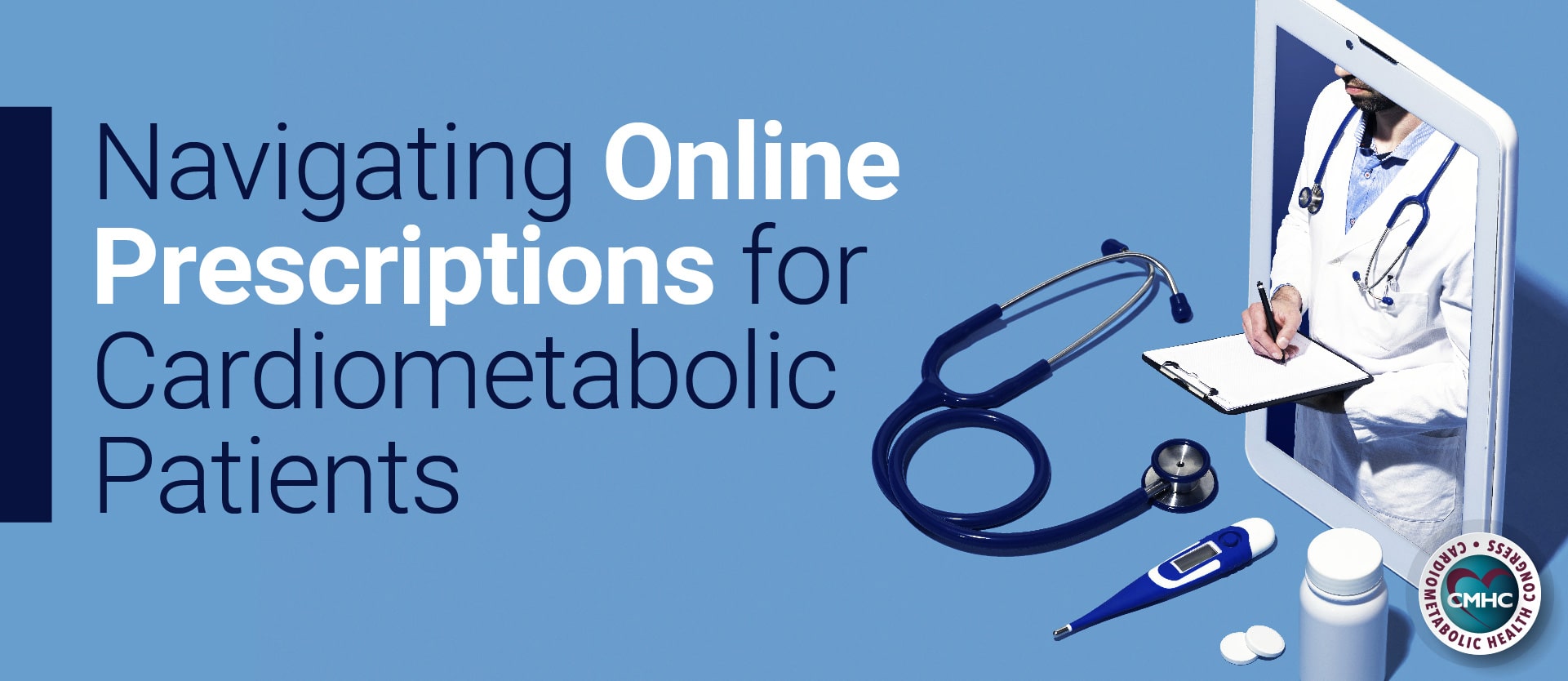Faced with an overburdened hospital system and heightened demand, the current medical environment has had to swiftly adapt, implementing virtual care and with it the expansion of telemedicine across specialties. In an attempt to reduce the spread of the COVID-19 outbreak, recent changes in federal regulations and healthcare guidelines aim to make telehealth programs both more accessible to patients and easier to adopt for providers. This shift to digital patient care helps protect vulnerable demographics – such as the elderly population and individuals with preexisting chronic conditions – while also allowing providers to continue practicing medicine safely in these trying times.
As part of telemedicine model, providers are not only able to offer general consultations, mental health care, and conduct follow-up appointments but they can also prescribe medications. Although, in light of continuously evolving healthcare recommendations, medical professionals may find it difficult to determine what the current requirements, restrictions, and laws are. The latest guidance issued by the U.S. Department of Justice’s Drug Enforcement Agency (DEA) outlines restrictions that have been lifted or amended to help practitioners provide much-needed care during the COVID-19 public health crisis.
Online Prescriptions
Providers can prescribe medications for many health conditions via telemedicine during online appointments with their patients; this can be done for a wide range of specialties, including behavioral health, dermatology, and cardiometabolic health. Online prescribing, or issuing a medication prescription after a virtual visit, differs from e-prescribing, which refers to the act of a provider sending an electronic prescription to a pharmacy, via EHR for example.
Prior regulations have required an established patient-provider relationship to prescribe medications online, however, to ease the expansion of telemedicine, new federal guidance has temporarily suspended this requirement. At this time, providers can easily prescribe routine medication or low-risk long-term medications, such as statins or thyroid medications, and recently even controlled substances.
Prescribing Controlled Substances Online
Effective March 31, 2020, policy developments from the Department of Justice’s Drug Enforcement Administration lift some restrictions for the prescribing of controlled substances during the COVID-19 crisis <>. DEA-registered practitioners can now prescribe controlled substances using telemedicine technology without having an in-person interaction with patients.
However, the following conditions must be met in order to legally prescribe a controlled substance online: the prescription must be issued for a legitimate medical purpose by a practitioner acting in the usual course of their practice, the telehealth communication must conducted using an audio-visual, real-time, two-way interactive communication system, and the practitioner must act in accordance with applicable Federal and State law.
“For as long as the Secretary’s designation of a public health emergency remains in effect, DEA-registered practitioners may issue prescriptions for controlled substances to patients for whom they have not conducted an in-person medical evaluation, provided all of the following conditions are met,” the DEA concluded in a statement.
Additional guidance on prescribing controlled substances can be located on the DEA’s website, accessible here. Note, the recommendations only address prescribing controlled substances and not administering or directly dispensing these medications to patients.
Pre-Packed Prescriptions
A growing prevalence of virtual visits and online prescriptions may contribute to changes in the process of dispensing medications. As a potential alternative further easing the implementation of telemedical care, providers may consider opting for pre-packed prescriptions, which can be easily delivered directly to patients by mail, thereby reducing their need to visit pharmacies or shopping areas. Pre-packed prescriptions are now widely available through a variety of vendors, including major pharmacies and specialized services such as PillPack. They can also provide a more involved method of tracking patient behavior and improving medication adherence.
With the widespread shift to digital care forecasted to continue, online prescriptions may become the new normal method for prescribing medication. Combined with medical cloud-based technology and reporting tools, this technique may offer providers the ability to gain more insight into their patients’ medication adherence levels, support them with answers to drug-related questions, and better monitor their health remotely. Connected online healthcare has the potential to offer long-term solutions to systemic problems, providing safer and faster access to diagnosis and treatment even after the COVID-19 public health crisis ends.


















